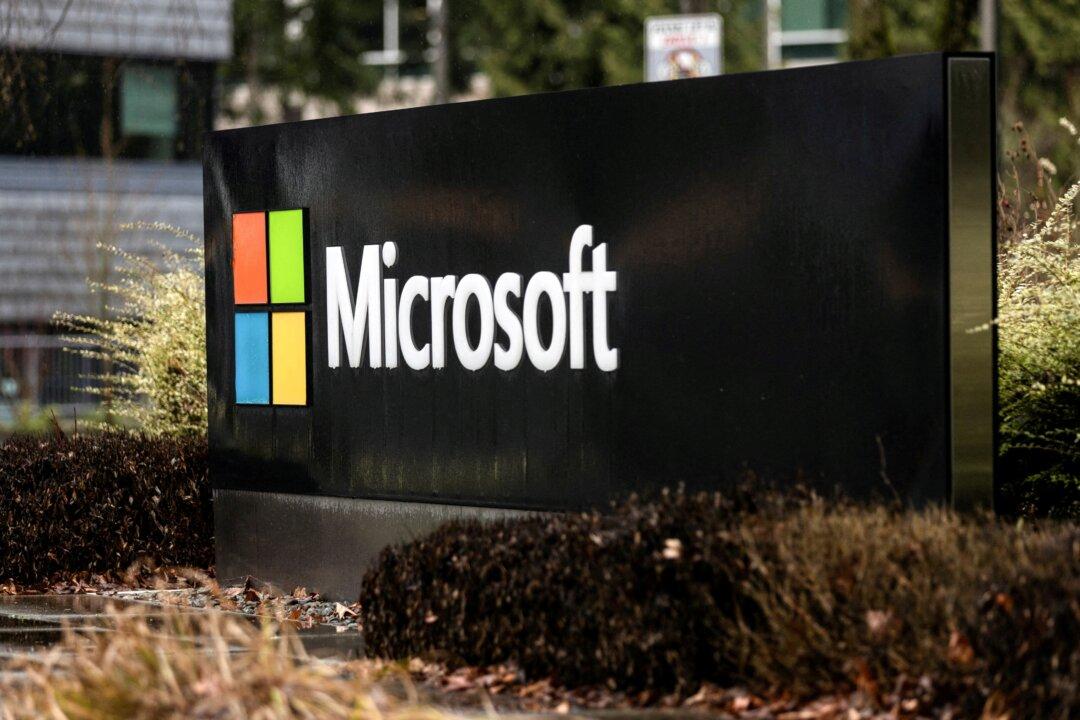The Biden administration has imposed a multimillion-dollar penalty on Microsoft after the company was found to have engaged in trade with certain sanctioned nations, including Russia and Iran.
The Department of Treasury’s Office of Foreign Assets Control (OFAC) has decided on a $2.98 million settlement with Microsoft Corporation. The settlement is related to the company’s potential civil liability arising due to exporting its services and products from the United States to sanctioned jurisdictions or blocked persons, violating the agency’s sanctions programs. In addition, the Commerce Department’s Bureau of Industry and Security (BIS) imposed an administrative penalty of $624,013, which was later reduced by $276,382. The combined overall fine on Microsoft came to $3.33 million.





